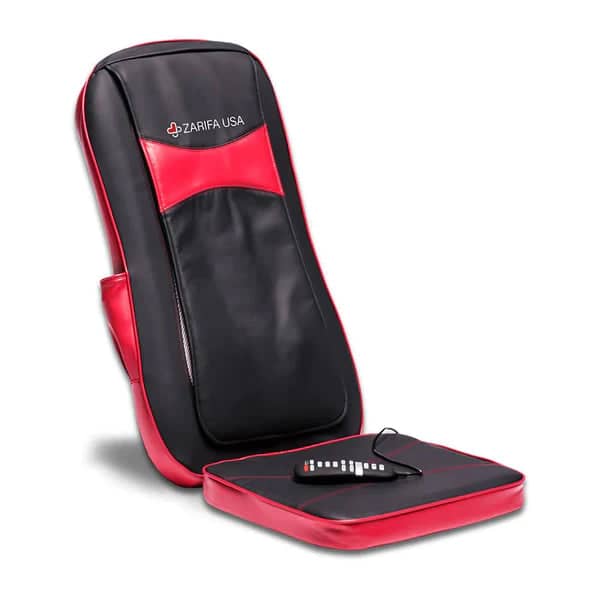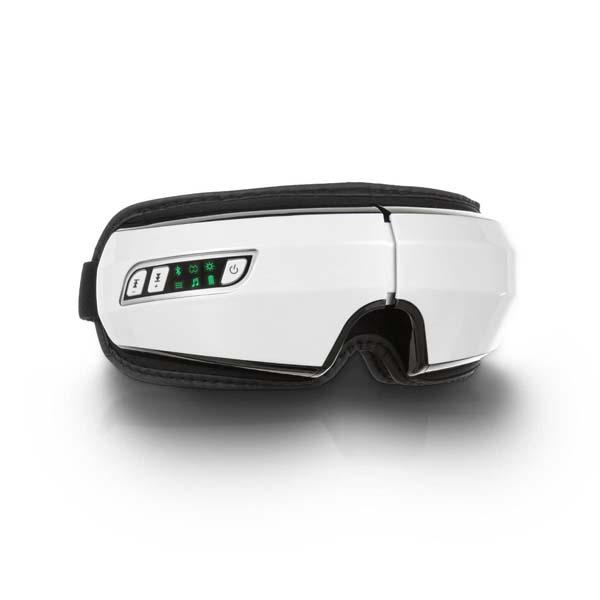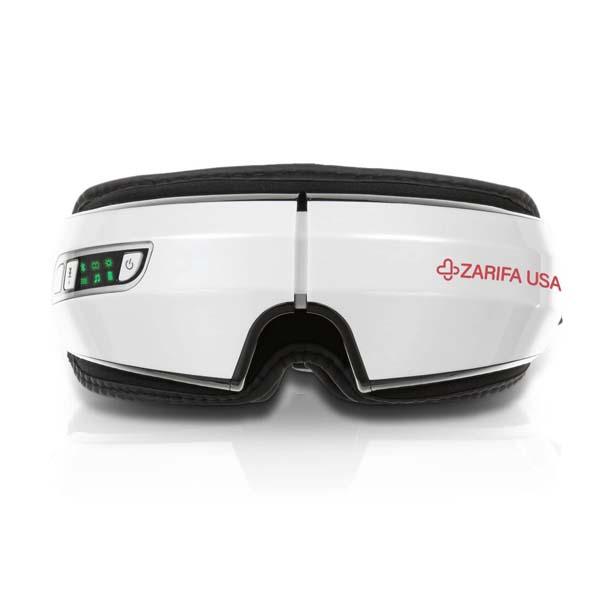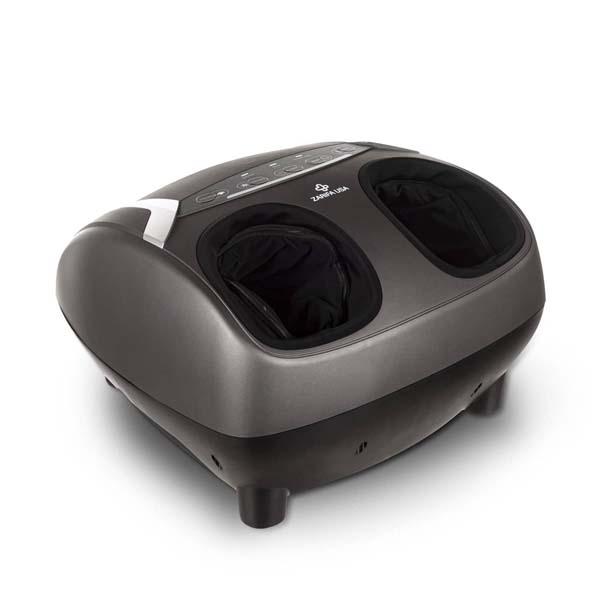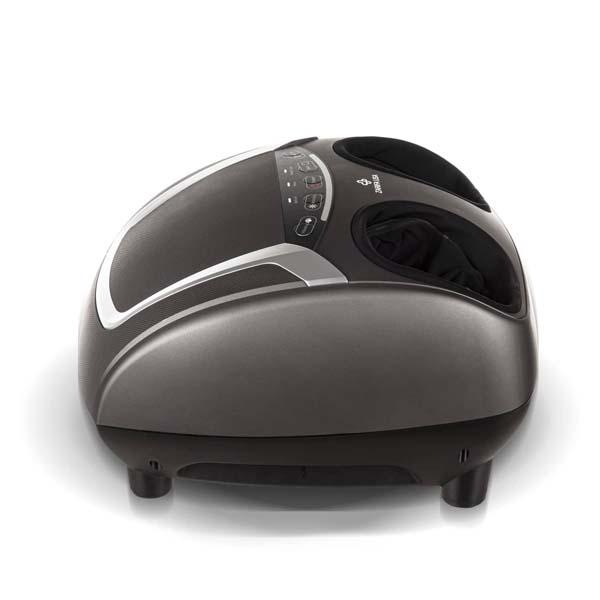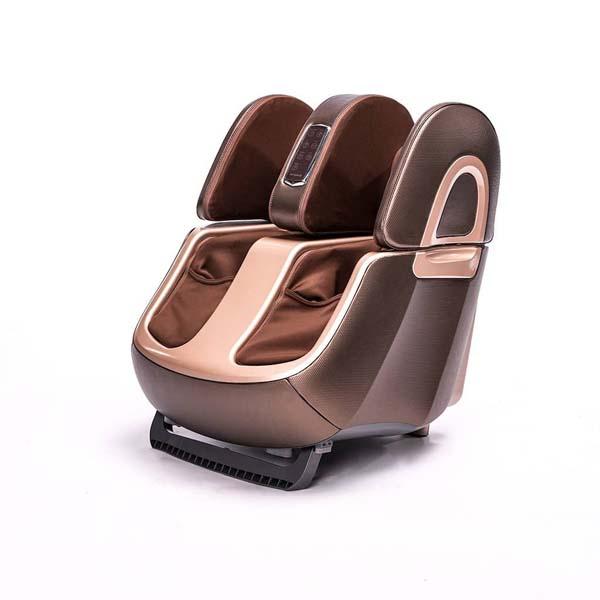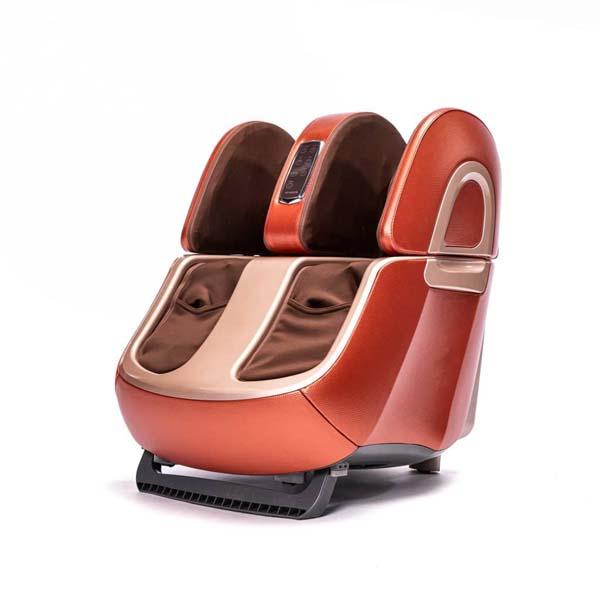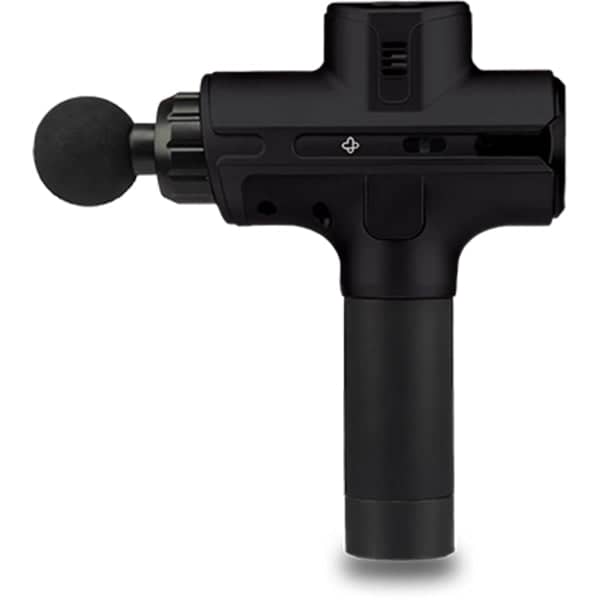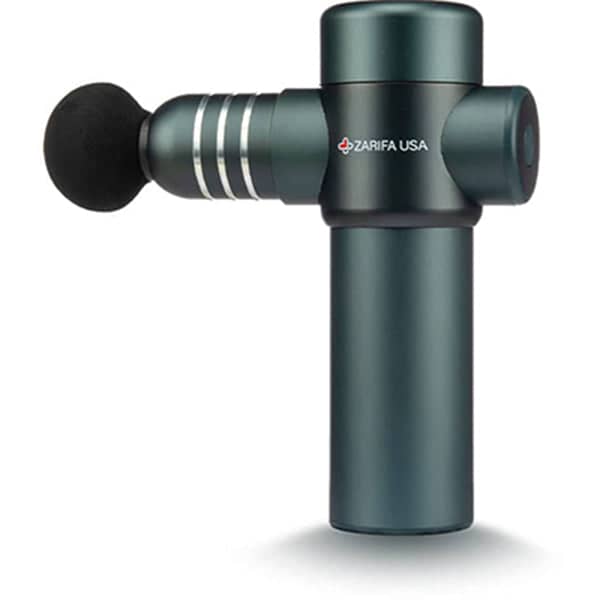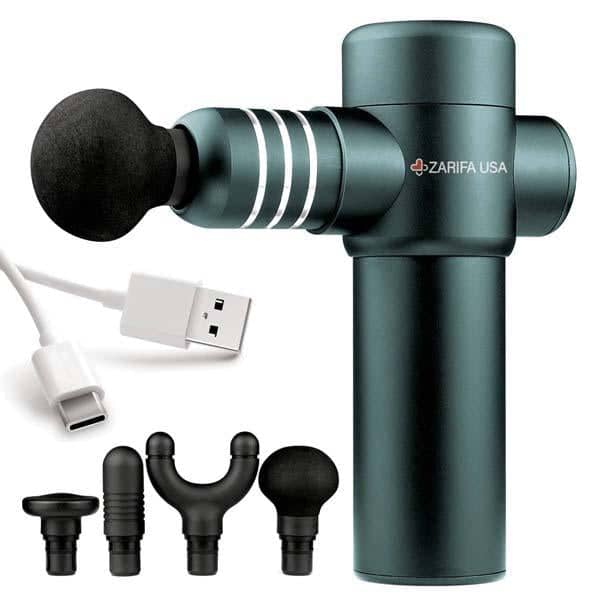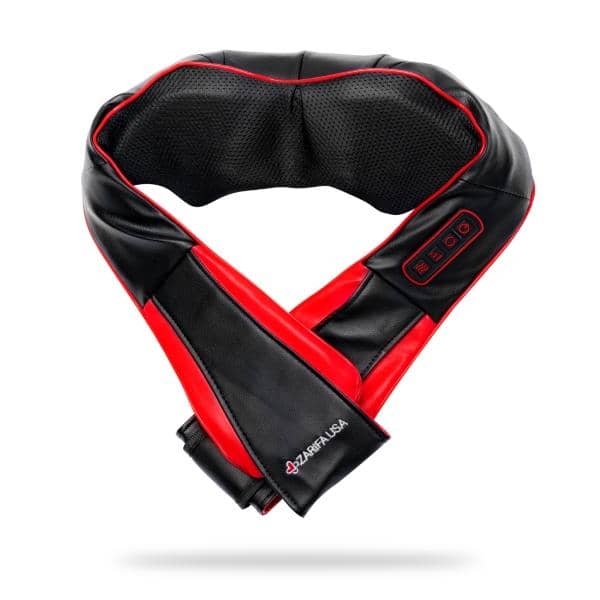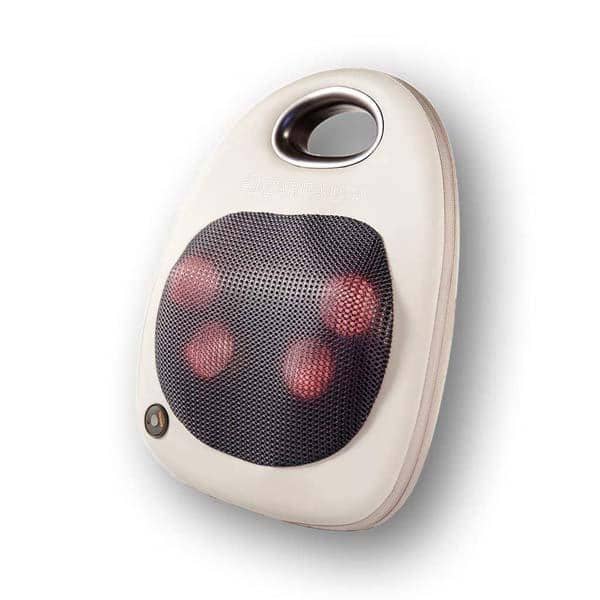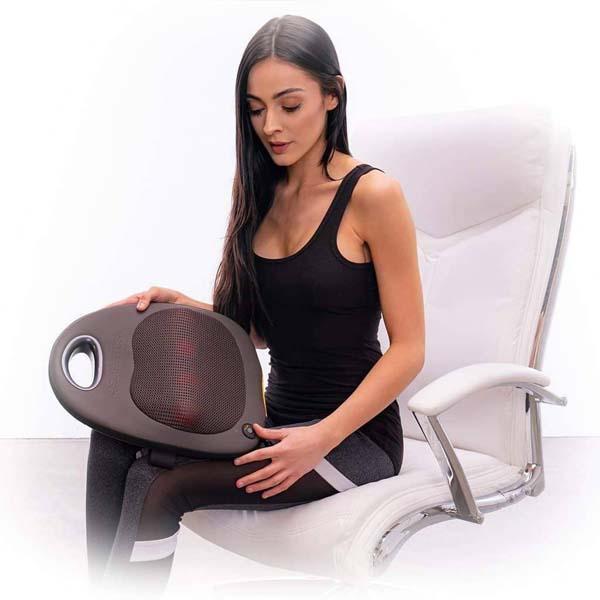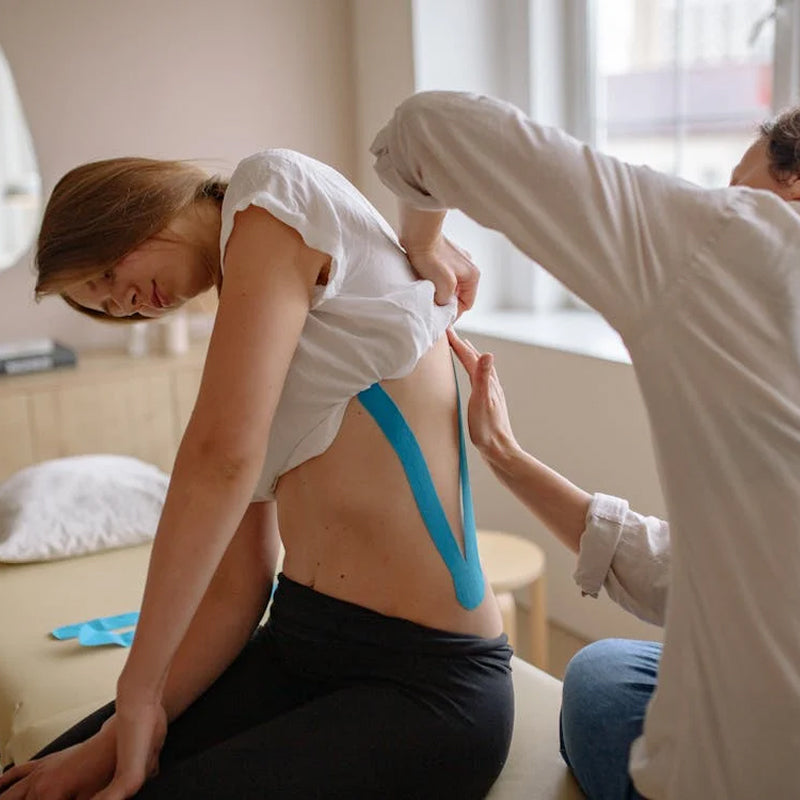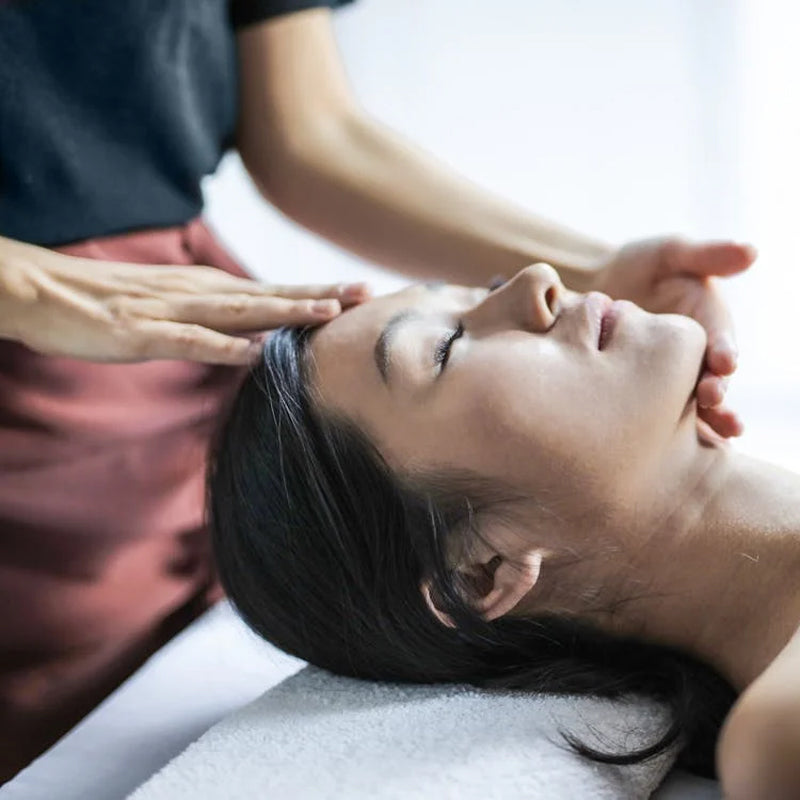Everyone gets older. Aging is a natural part of life. Still, with age comes some annoying, unwanted symptoms, such as muscle aches. Read this guide on five ways to deal with muscle aches as you age to learn how to mitigate these symptoms.
Stretch
At some point in your life, you may have heard your doctor, coach, parent, or someone else say this, and for good reason too! Aging is a natural process—something you simply cannot control. However, there are ways to mitigate muscle tension even as you age. Stretching is a basic movement to warm up muscles and loosen up your body. Doing light stretches early in the day, such as upon waking up, is a great way to loosen up stiff muscles and joints before the day begins.
Drink More Water
You also probably heard about the importance of hydration. Simply put, hydration is important for your body’s overall health. Water helps deliver the nutrients to cells needed to keep our organs functioning properly, and, for your muscles’ sake, lubricates our joints. Additionally, proper hydration helps you sleep better which also helps loosen up your muscles. Too many people overlook hydration in their daily habits. They may replace water with other beverages such as soda, coffee, or energy drinks, but these actually dehydrate you due to their high sodium content. Therefore, drink more water to help your body recover.
Exercise
Exercise is a fail-safe method to stay fit and strong. Light exercise, such as cardio and bodyweight movements, is essential for bone strength, muscle tone, and overall functionality. As more people lead sedentary lifestyles due to sitting in an office for the majority of the day, it’s essential you make sure to take walks or go to the gym. Once you’ve started a new exercise routine you won’t want to stop. You’ll notice less stiffness, greater mood, and an overall sense of accomplishment. Keep in mind that too much strenuous activity, such as heavy weightlifting, can cause your muscles to stiffen more so be sure to properly rest between sets, too.
Get Proper Sleep
As previously mentioned, healthy sleep is another way to deal with muscle aches as you age. Scientifically, sleep releases amino acids which feed into proteins to help your muscles recover. After a long day of work, exercise, and activity, your body needs a break. When these proteins and amino acids work, your muscles grow stronger over time. Your body also releases growth hormones that help with this recovery. Adults should get between eight to nine hours of sleep each night to help their bodies perform at their best the next day.
Use Over-the-Counter Muscle Relaxers
Lastly, you may want to consider over-the-counter muscle relaxers. These can help expedite the recovery process after injuries and mitigate symptoms. Before purchasing anything, make sure to consult your doctor for guidance. They may prescribe a stronger, non-steroidal, anti-inflammatory drug or NSAID. These drugs treat pain from tissue damage—often the biggest sign of muscle aches. Your doctor may also forewarn you about NSAIDs as they can irritate your stomach lining and possibly cause ulcers. Therefore, NSAIDs may not be beneficial for everyday use. However, it’s always best to consult your doctor for a precise medical diagnosis and medication guidance.
If, after implementing these tips, you continue to face persistent muscle aches, it may be time to invest in a medical massager. Zarifa is the leading online retailer of HSA and FSA-eligible medical massagers, ranging from hand-held massage guns to powerful massage chairs. Browse our selection to find the right tool for you. If you have any questions, call us today!


